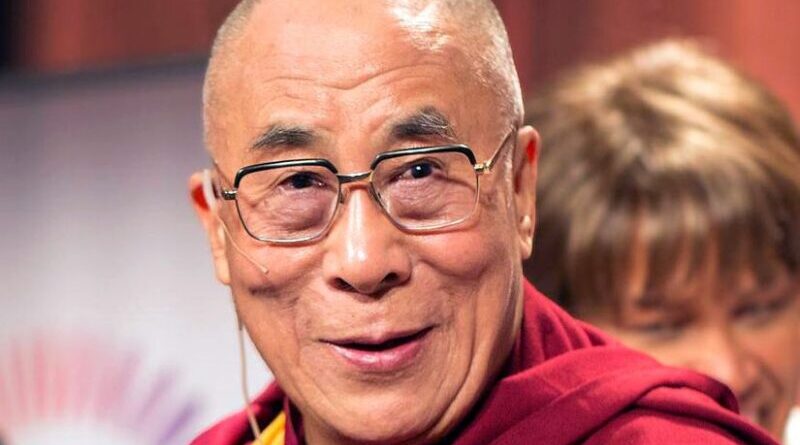The Dalai Lama Brings Dubious Karma For Barack Obama – Analysis
China is peeved with the United States. It has lodged a rather strong complaint against what it describes as interference in its internal affairs, after President Barrack Obama on July 16 decided to ignore Beijing’s requests to call off his meeting with Tibetan spiritual leader Dalai Lama.
Beijing called the US move as a step toward damaging the relations between the two countries. The statement issued by the Chinese foreign ministry spokesperson read, “China expresses its strong indignation and resolute objection. We demand that the US seriously consider China’s stance, immediately adopt measures to wipe out the baneful impact, stop interfering in China’s internal affairs and cease to connive and support anti-China separatist forces that seek Tibet independence.”
Not to be left behind, Beijing had prepared well to match the US action in its own indomitable way. On July 16, the day Obama went behind the curtains for the 45-minute private meeting with the Dalai Lama, Chinese Vice President Xi Jinping opened Tibet’s first 37.8 kilometer expressway, a four-lane road linking Lhasa’s city center with Gonggar Airport in the neighboring Shannan Prefecture, to traffic.
The toll-free expressway will halve the travel time from downtown Lhasa to the airport to 30 minutes. The date chosen for the inauguration of the expressway was an assertion by Beijing that Tibet’s merger with China is not an issue in contention.
Incidentally, there is hardly any dispute about Chinese control over Tibet. The US does not support Tibet’s independence. India, where Tibet’s Parliament in exile is based, says Tibet is an integral part of China. Even the Dalai Lama himself underlines that he wants self-rule and not independence for Tibet.
What exactly is the message US trying to send to Beijing over an issue that the Chinese media describes as “outdated”? Is Obama merely “showing concern about basic human values, human rights, religious freedom” in Tibet, as explained by the Dalai Lama following the meeting? Or is the US which now intends to “return to Asia,” unveiling the specter of a tense Sino-American relationship in the Asian region?
The latest row comes in the background of a cautious warming of relationship between the two countries in the last one year. Incidentally a similar meeting between the US President and the Dalai Lama in February 2010 had sent the Sino-US relations to a difficult phase.
Subsequently arms selling by US companies to Taiwan further worsened the relations, before various steps and visits by both sides restored some level of normalcy enabling President Hu Jintao’s US visit in January 2011.
In May 2011, Chinese General Chen Bingde visited the US and few days before the Obama-Dalai Lama meeting, chairman of the US Joint Chiefs of Staff Admiral Mike Mullen visited China.
Mullen had all the right words for the Chinese in his speech at the Renmin University. He said, “China today is a different country than it was 10 years ago, and it certainly will continue to change over the next 10 years. It is no longer a rising power. It has, in fact, arrived as a world power.” The People’s Daily editorial lauded, “China-US relations have rebounded thanks to joint efforts from both sides. Both sides should cherish this hard-won situation.”
The future, however, might dispel any such notion of any such rebound of Sino-US bilateral relations. At the root of the contention is the US strategy of “returning to Asia.”
“The United States is back,” was the message delivered by US Secretary of State Hillary Rodham Clinton during her second trip to Asia in Bangkok in July 2009. What she meant was that in spite of the distractions of Iraq and Afghanistan, the US intends to broaden and deepen its strategic partnerships in the Asian region. In real terms, however, it meant that the US is willing to support countries with maritime disputes with China.
In two years since the statement, the United States has freed itself from Iraq and has started a process of extricating itself from the Afghan conflict theatre. The unhindered arrival of the US in Asia, thus, poses direct challenges several of Chinese projects in the region and understandably provokes it. Not surprisingly, a few days back China had postured that a regional multilateral security mechanism in East Asia would benefit the region much more than an alliance led by the US, which would benefit only few countries.
As US indeed returns to Asia and attracts countries threatened by Chinese aggression to its fold, the world and the region can expect to see the beginning of a rivalry that goes far beyond the protest over an odd meeting.
This article was first published by Al Arabiya and is reprinted with permission

